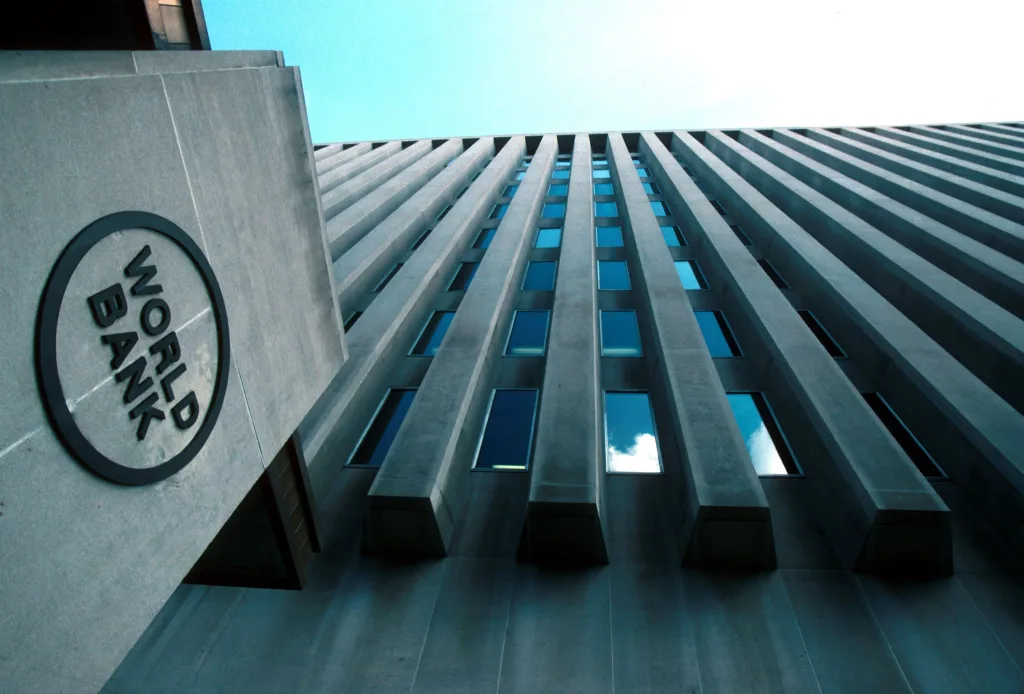The World Bank has greenlit $300 million in financial support to aid approximately 7.4 million Nigerians residing in internally displaced persons (IDP) camps and their host communities across the country’s northern regions. The funding, approved on August 7, 2025, aims to bolster resilience and improve access to critical services such as healthcare, education, and infrastructure for populations affected by prolonged displacement. The initiative was announced in a statement released Monday by the international financial institution.
Northern Nigeria, which has faced recurring instability linked to conflict, climate pressures, and economic strain, hosts one of Africa’s largest displaced populations. The new financing seeks to address systemic challenges in regions where host communities and IDPs often share strained resources. World Bank Country Director for Nigeria, Mathew Verghis, emphasized the program’s long-term vision, stating it would help “address development challenges associated with protracted displacement in a sustainable way.”
“This initiative has tremendous potential to strengthen Nigeria’s capacity to support vulnerable populations while fostering stability,” Verghis said. The project aligns with broader efforts to mitigate the ripple effects of displacement, which have strained local economies and social services in states like Borno, Adamawa, and Yobe. Over 4.4 million people in the northeast alone require humanitarian assistance, according to recent UN estimates, underscoring the urgency of the intervention.
The funding will prioritize community-driven projects, including upgrades to water systems, healthcare facilities, and vocational training programs designed to enhance livelihood opportunities. By integrating IDPs and host communities into shared development plans, the World Bank aims to reduce tensions over resources while promoting inclusive growth. The initiative also includes measures to improve data collection on displacement trends, enabling more targeted policy responses.
Verghis reiterated the Bank’s commitment to collaborating with Nigerian authorities to ensure transparency and accountability in the allocation of resources. The announcement follows earlier investments in the region, including a $500 million package in 2023 for education and social safety nets. Analysts note that sustainable solutions for Nigeria’s displacement crisis remain critical to regional stability, particularly as climate-related challenges and security concerns persist.
With implementation set to begin in early 2026, the project represents a significant step toward addressing the intersecting humanitarian and developmental needs of millions. As northern Nigeria navigates the complexities of reintegration and recovery, stakeholders stress that equitable access to services and economic opportunities will be key to breaking cycles of displacement.
